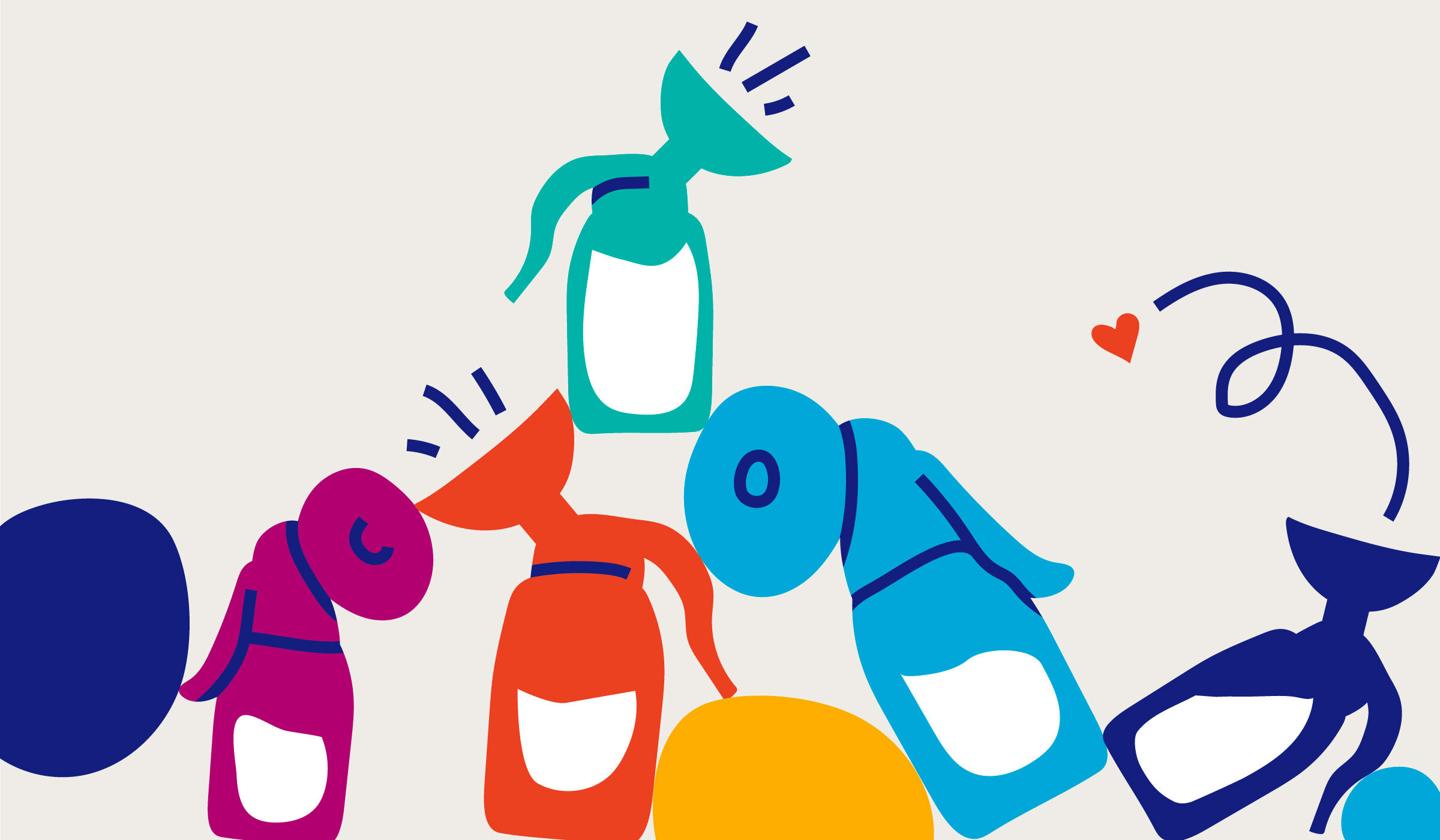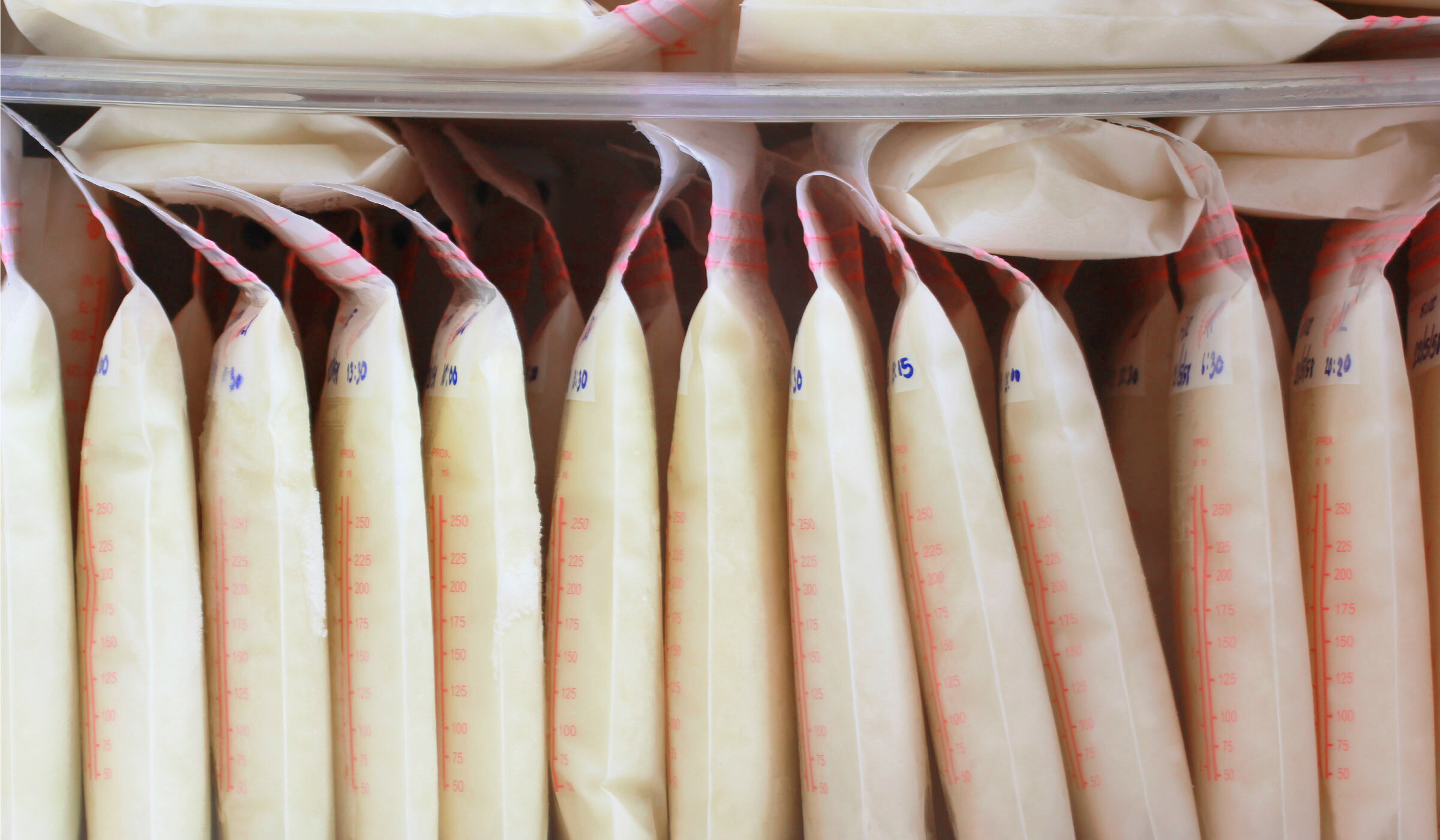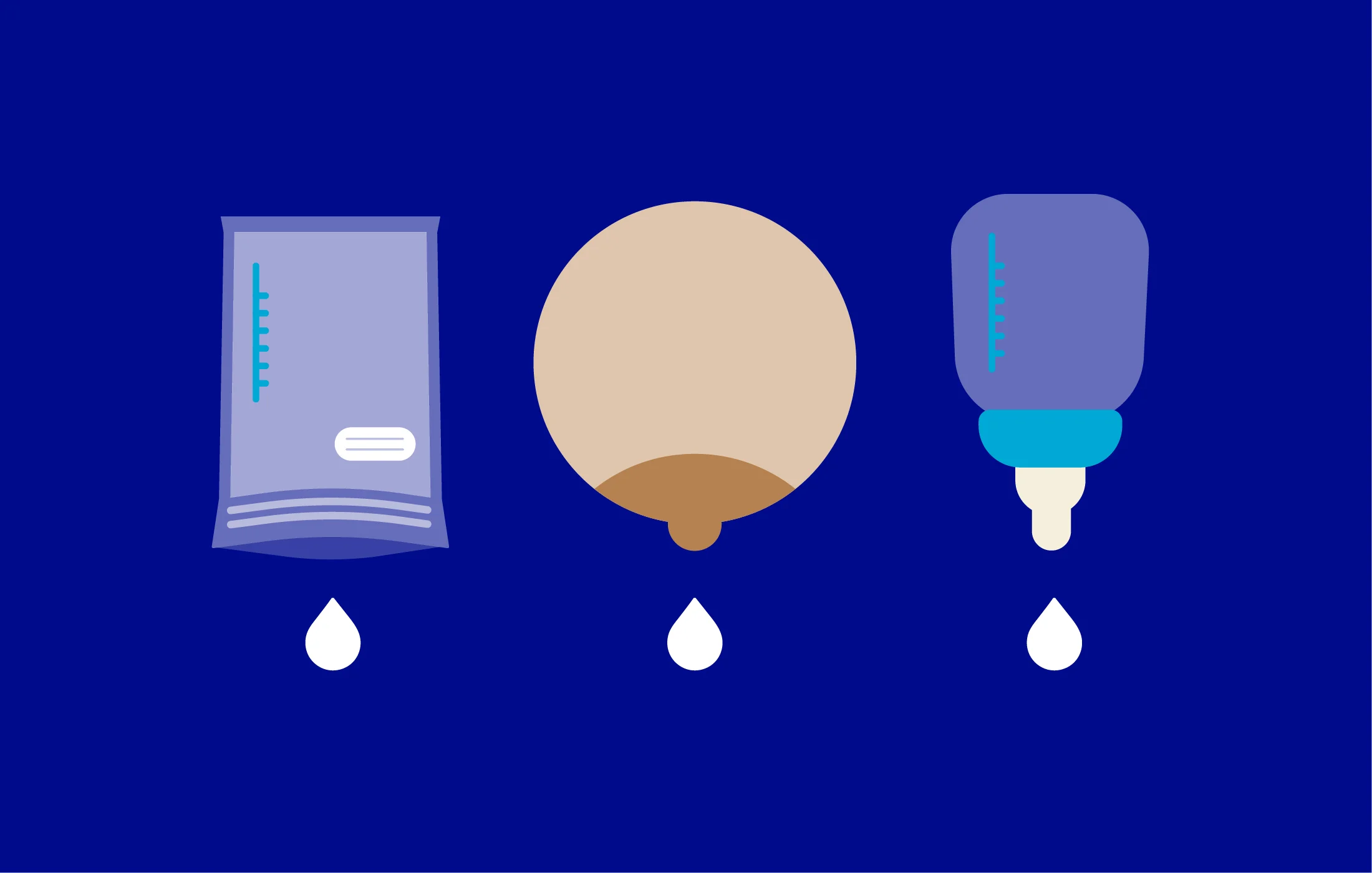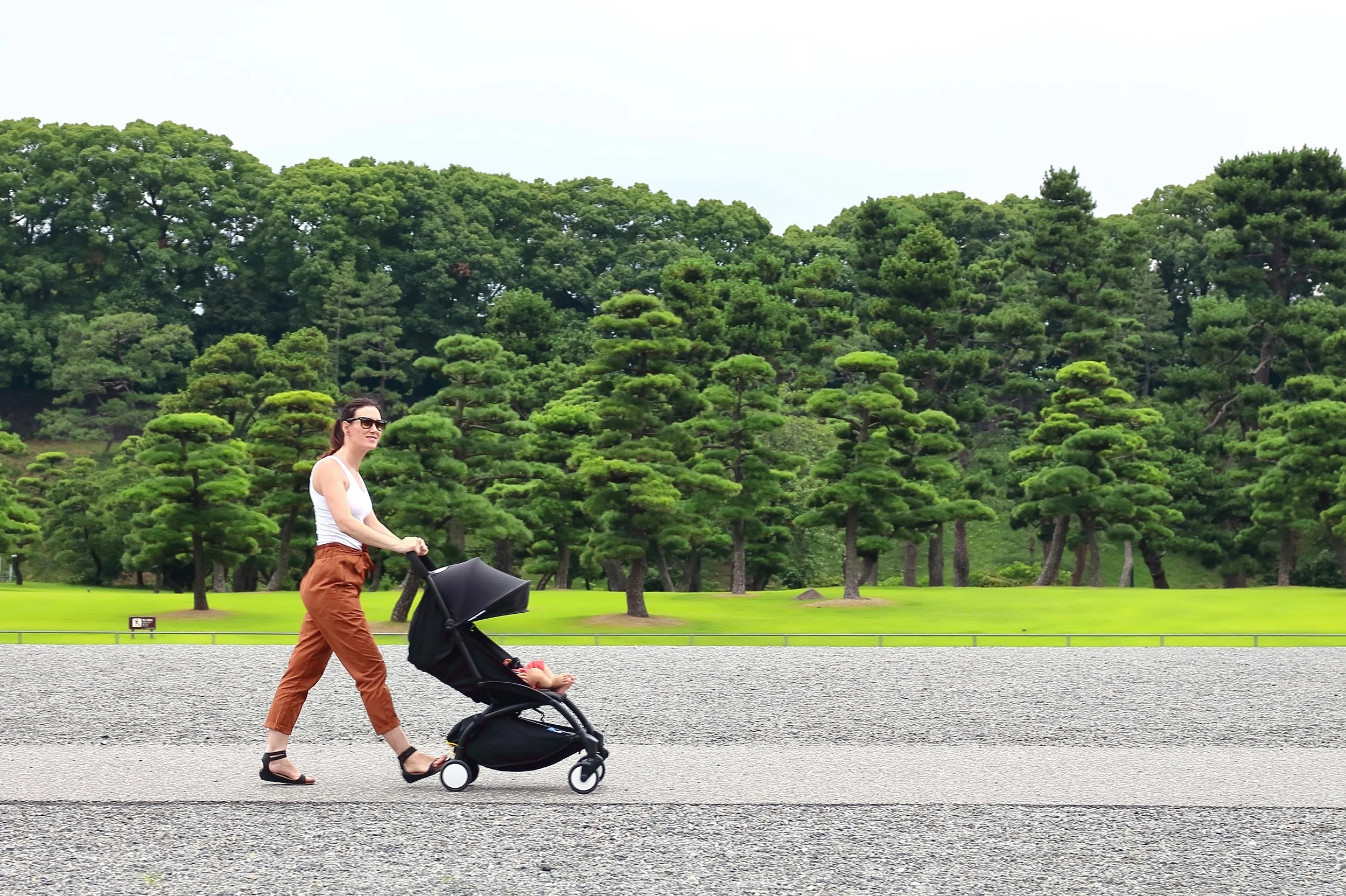Breastfeeding in the Age of Coronavirus: What You Need to Know

Last updated: August 22, 2022
The coronavirus pandemic has upended our lives for over two years. And it’s still not over! So if you’re breastfeeding you’re likely to have questions about the impacts for you and your baby. In addition to the preventive measures recommended for everyone—getting vaccinated, washing your hands, and masking in crowded indoor spaces if your community COVID rates are high—here are additional guidelines if you’re pregnant or breastfeeding.
Get the COVID vaccine and get boosted.
The CDC recommends COVID-19 vaccinations for all people six months and older, including those who are pregnant, breastfeeding, trying to get pregnant, or might become pregnant in the future. The benefits of receiving a COVID-19 vaccine outweigh any potential risks of vaccination during pregnancy. There is no evidence that any vaccines, including COVID-19 vaccines, cause fertility problems. In addition, the COVID-19 vaccines—which are an mRNA vaccine and not a live vaccine—pose little risk to a pregnant person or fetus. And research shows that pregnant and breastfeeding moms who get the vaccine pass protective COVID-19 antibodies to their baby in both placenta and breast milk.
Pregnant women are higher risk.
Research shows that pregnant women are at a higher risk for COVID-19 than women who aren’t pregnant. Minimize your risk of exposure by limiting contact with people who may have been exposed—even within your household—and stay up-to-date with all your health care appointments and vaccinations.
Keep breastfeeding.
The CDC and medical experts are clear: breastfeeding parents should continue breastfeeding. Breast milk has important immune-boosting benefits for both short-term infections and long-lasting health. Research suggests that breastfeeding parents who’ve had COVID-19 have antibodies in their breast milk that can help pass immunity to their babies. If you’re thinking of weaning, you might reconsider.
If you or your child develops symptoms, seek medical care.
If you’re diagnosed with COVID-19, medical experts recommend that you continue breastfeeding while you and your baby quarantine at home (duration is dependent on your symptoms). There has been no evidence that the virus can be transmitted through breast milk. Transmission rates to newborns are very low, but wear a mask to minimize exposure for your baby.
If you need to be hospitalized due to COVID-19, talk with your healthcare provider about having your baby room-in with you. If you’re too ill to nurse, another caregiver can feed your baby a bottle—provided they wear a mask and aren’t considered high-risk (i.e. people in their 60s or older, or people with medical conditions).
COVID-19 information and recommendations continue to evolve, so stay up-to-date with information at the CDC.
Mamava designs solutions to empower breastfeeding and pumping parents on the go, like our freestanding lactation pods, Mamava’s lactation space locator app, and other helpful resources.
More parent resources
Returning to work? Here’s a primer to get the pump party started.
A go-to-guide for what to eat when you’re breastfeeding—and also taking care of a baby.
These situations may require professional breastfeeding support.
The info you need to store, freeze, and thaw your liquid gold with confidence.
Common pains-in-the-boobs can get you down and challenge your breastfeeding goals.
Don’t panic. Do continue breastfeeding.
Your go-to guide to weaning when you’re ready.
How to breastfeed with confidence, no matter what sticky situation you find yourself in.
The eight best breastfeeding positions (according to moms).
Breastfeeding moms are still nourishing for two! Expert advice on the foods that help new moms thrive.
Rumor, fact, or folklore? Test your breastfeeding know-how with this quiz.
A brief history of human infant feeding—breast, bottles, and formula—through the ages.
Every breastfeeding mom on the go needs a breast pump. Here’s how to get one.
What do new moms truly desire from their partners? We asked, you spoke.
Stop Googling! Here are three breastfeeding myths we can bust right now.
Five practices that help moms with preterm babies breastfeed.
A breastfeeding mom’s guide to fasting for religious observance.
Four thousands moms weigh in on how they feed their baby.
Seventeen breastfeeding moms share their hard-earned wisdom and messages of support for new moms.
A breastfeeding mom’s guide to baseball.
Sex when you’re a breastfeeding mom? It’s complicated.
Friends can help you transition to motherhood with more confidence, support, and joy.
Five facts about breast milk to delight your inner nerd (and help you breastfeed).
Mamava’s boob whisperer and certified lactation consultant can help when the flowing gets tough.
A breastfeeding mom’s guide to football.
Breastfeeding mamas, rejoice! It’s time to indulge.
Exercise tips to help new moms get moving again.
Kate Rope’s book helps new moms transition into motherhood.
A book about being a mom. And a woman. And a human.
Breastfeeding and basketball have more in common than you think.
































